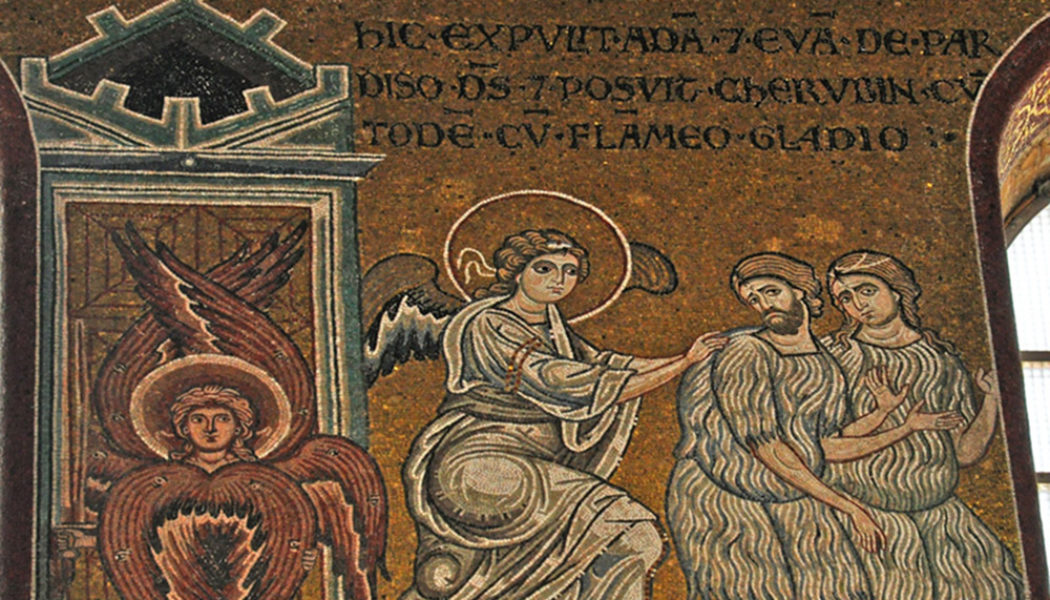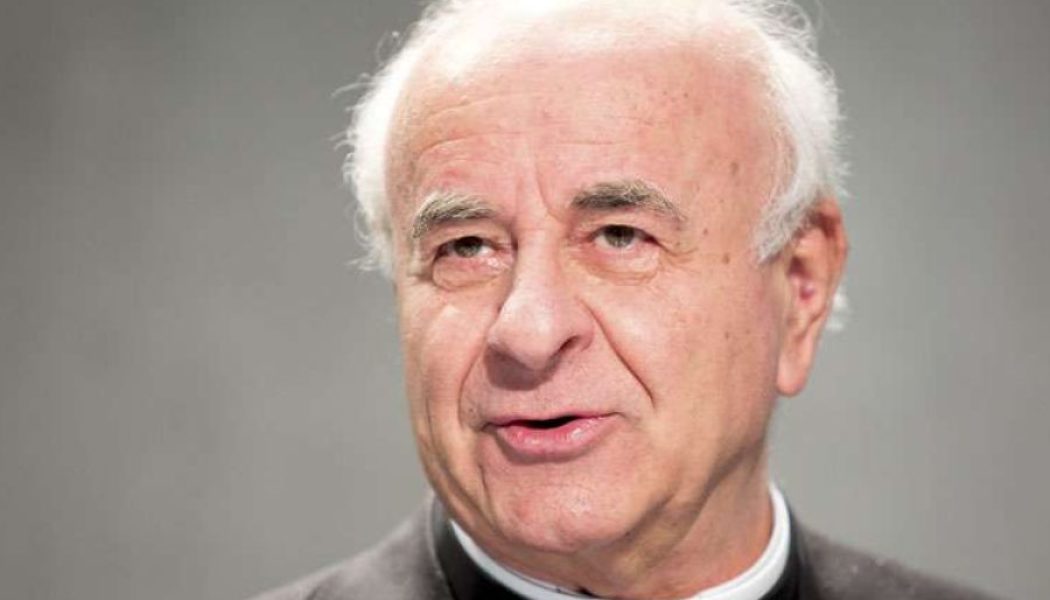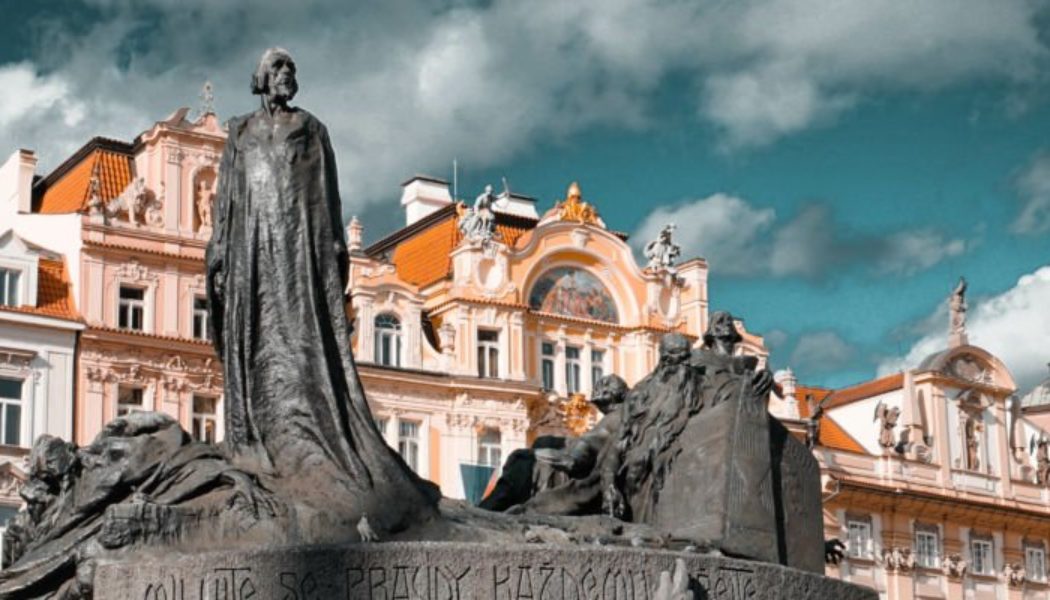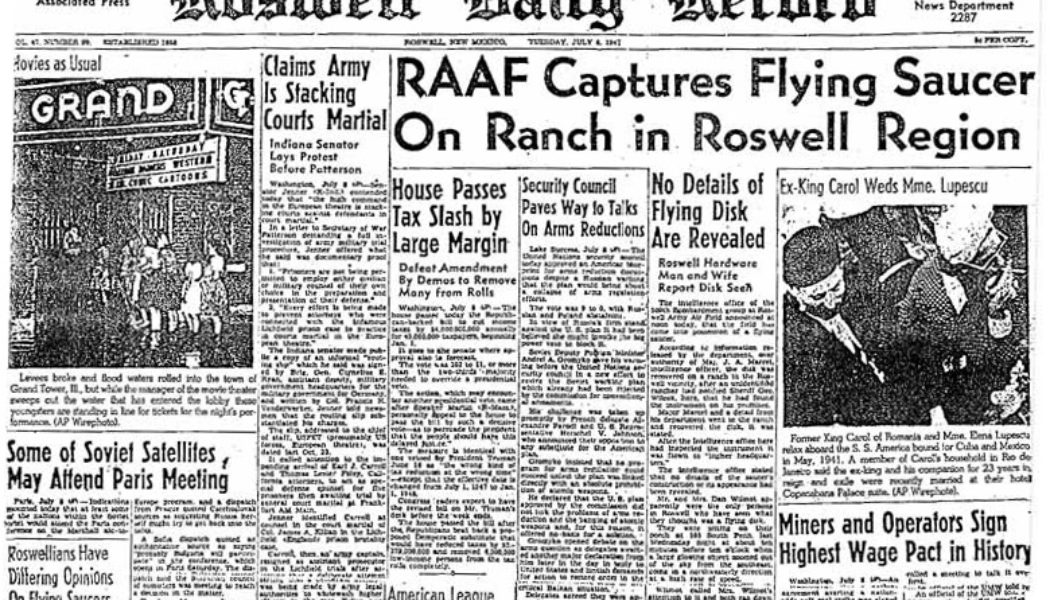Discover
What true development in moral theology looks like…
Faith does not depend upon our own reasonings and feelings. It responds to the revelation of God, which exceeds all of our own capacities. On our own, we could not know God and could have no certainty of supernatural realities. This includes our happiness, which is not found in the realization of any earthly good; it is found in God himself, transcending every finite thing, including our own selves. Faith draws us to salvation by opening our minds and our whole being to God and his will for us, enabling us to partake even of the divine nature. Today, however, we often hear that the Church’s teachings are unpopular. Rather than conforming to the will of our maker, we would like to think that we know better. We seek our fulfillment in ourselves and not only excuse our sins, but e...
What does Athens have to do with Jerusalem — and what do either have to do with Silicon Valley?
But today there is a third city affecting the other two. Silicon Valley, this third city, is not governed primarily by reason (it is practically the mark of a great entrepreneur to not be “reasonable”), nor by the things of the soul (the dominant belief seems to be a form of materialism). It is a place, rather, governed by the creation of value. And a large component of value is utility—whether something is useful, or is at least perceived as good or beneficial. I realize that some people in Silicon Valley think of themselves as building rationalist enterprises. Some of them might be. The city’s guiding spirit, however, is summed up by investor and podcast host Shane Parris, popular among the Silicon Valley set, when he says: “The real test of an idea isn’t whether it’s true, but whether i...
Archbishop Paglia’s Calls Pro-Abortion Law ‘Pillar of Society;’ Pontifical Academy for Life Says Remarks ‘Taken Out of Context’…
The academy’s president said on Italian television, ‘I believe that at this point Law 194 is a pillar of our society.’ The Pontifical Academy for Life’s spokesman said afterward that the word ‘pillar’ had been taken out of context. The Pontifical Academy for Life on Monday clarified remarks of the academy’s president on Italian television that the law legalizing abortion in Italy was a “pillar of society.” Archbishop Vincenzo Paglia had been taken out of context, a spokesperson said in a statement sent to CNA on request. “The intention of this statement was not to make a value judgment about the law, but to state that it is practically impossible to abolish Law 194, since it is now a structural part of the relevant legislation,” Fabrizio Mastrofini explained. “So there is much ...
We all know about Luther. But did you know that there were Protestants who came before the Protestants?
The proto-Protestants were heretics in the fourteenth and fifteenth centuries whose teachings and actions laid the groundwork for Martin Luther, John Calvin, and other sixteenth-century Reformers. They advocated the later bedrock Protestant principle of sola scriptura, or the belief that the only authoritative source of God’s divine revelation is Sacred Scripture. These proto-Protestants also called for the reform of Church abuses and advanced various heretical opinions in an effort to undermine the Church. The two main proto-Protestants were John Wycliffe (1324-1384) and Jan Hus (1369-1415). John Wycliffe was born in Yorkshire, England and studied at Oxford, where he was recognized as a brilliant student. He became a professor of philosophy and theology at his alma mater. Wycliffe was a p...
Journalists should ask if faith-based schools clearly state their doctrines on sexuality…
I forget who originally came up with the term “Romeaphobia.” This can be defined as the hatred or fear of all things that can be viewed as links to Roman Catholicism or the early church in general. Obviously, this affects issues linked to worship and church governance. However, in my experience (I grew up in Texas), many evangelicals (especially Baptists) have a fear of clear, authoritative doctrinal statements that, you know, might be interpreted as “Roman” creeds. All together now: We are “Bible Christians” and that’s that. I am not saying this to take a shot at my heritage (I am very thankful for the deep faith and examples of my family and my father was a Southern Baptist pastor). The reason I mention this up is because, in my opinion, this anti-creedal Romeaphobia is playing a major r...
Jesus Takes the Lowest Place at Our Table: The Food…
Jesus gives a lesson in humility that he fulfills in the most amazing way possible on the 22nd Sunday in Ordinary Time Year C. What he does is so amazing, in fact, that many Christians in America simply don’t believe he actually did it. Jesus enters the home of a leading Pharisee and is watched very carefully by his guests. The Gospel passage in Mass from Luke starts on the first verse of Chapter 14, and then immediately leaps to Verse 7. The first verse reminds us that Jesus is dining among enemies who are always looking for evidence to prove that he’s not as special as he claims. This, of course, is exactly what Christians face in an increasingly secular culture. People watch us, eager to say, “See, those Christians aren’t anything special!” Jesus’s advice is very much targeted toward th...
You have to serve before you sit…..
In the Gospel for Sunday’s Mass, the Lord Jesus summons us to a deeper appreciation for what brings true honor, for what makes a person truly great. As you may imagine, what the world considers great and honorable is rather different from what God thinks and sees. Let’s look at this Gospel in three parts and discover its paradoxical vision. I. THE PERSON who HONORS – The Lord is at a banquet and notices people vying for seats of honor. In response, He gives the following teaching: When you are invited by someone to a wedding banquet, do not recline at table in the place of honor. A more distinguished guest than you may have been invited by him, and the host who invited both of you may approach you and say, “Give your place to this man,” and then you would proceed with embarrassment to take...
Poor Clare nuns reveal the hidden Truth about the 1947 Roswell ‘UFO crash’…
ROSWELL, N.M. — It was 75 years ago, in July 1947, when press reports surfaced that a crashed “flying saucer” had been recovered near Roswell, New Mexico. The ‘Roswell Daily Record’ reports on the unusual incident. | Public domain(Photo: Public domain) Days later, an official denial came from the same source that had initially confirmed the capture, namely, the U.S. military. In those few days the template was set for the modern unidentified flying object (UFO) phenomenon — reports followed by counter-reports, sightings by official explanations, cries of disinformation, talk of alleged cover-ups accompanied by the insistence on various “proofs” that “we are not alone.” What are Catholics to make of all this? Jimmy Akin is a convert to the Catholic faith and a Register contribut...
Pope Francis Becomes First Pope in More Than 700 Years to Open the Holy Door in L’Aquila…
Pope Francis prayed for peace in his Angelus address following Mass in L’Aquila, Italy. Pope Francis prayed for peace in his Angelus address following Mass in L’Aquila, Italy. During his visit to L’Aquila, the pope said that he wanted the central Italian city to become a “capital of forgiveness, peace, and reconciliation.” “This is how peace is built through forgiveness received and given,” he said. L’Aquila is the burial place of Pope Celestine V, who led the Catholic Church for just five months before his resignation on Dec. 13, 1294. The pope, who was canonized in 1313, is buried in L’Aquila’s Basilica of Santa Maria di Collemaggio. More in Vatican In the spring, the Vatican’s announcement that Pope Francis would visit L’Aquila prompted unsourced speculation that the trip co...
Shia LaBeouf embraces the Catholic faith: Here’s what we know…
As it turned out, it wasn’t his career that God wanted to save, LaBeouf believes. The Franciscan friars he spent time with to prepare for the role made him increasingly curious about the faith that inspired Padre Pio. They directed him to the Gospel of Matthew and the works of other important Catholic writers, which he devoured. In the interview, LaBeouf spoke about his view of Jesus, before reading the Gospels, as someone who is “soft, fragile, all loving, all listening” but with “no ferocity, no romance.” What he encountered in the Gospels was a very different, masculine Christ, he said. More in US The friars also introduced LaBeouf to the Mass. He told Barron he became especially attracted to the Traditional Latin Mass. Unlike the Novus Ordo Masses he attended, he said, the old liturgy ...
Forget the Vatican … Italy may be the real political headache for the Pope…
Listen to this story: ROME – Vatican politics take center stage this weekend in Rome, as Pope Francis presides today over a consistory to create new cardinals and then will lead two days of discussions with all the cardinals of the world on Vatican reform on Monday and Tuesday. In effect, this makes the next 96 hours the equivalent of the Iowa Caucuses on the Vatican beat, with basically all the plausible contenders to be the next pope on display. For Italians, this Vatican drama is unfolding at the same time their country’s future is also up for grabs, with national elections looming in less than a month. One key difference is that while only God knows who the next pope may be, by now the identity of the next Italian Prime Minister is almost a mathematical certainty. Polls show a commandi...
Pope Francis Creates 20 New Cardinals at Consistory in St. Peter’s Basilica…
Pope Francis created 20 new cardinals for the Catholic Church during a liturgy in St. Peter’s Basilica Saturday. “Jesus calls us by name; he looks us in the eye and he asks: Can I count on you?” Pope Francis said in a homily addressed to the College of Cardinals and its new members on Aug. 27. “The Lord,” he said, “wants to bestow on us his own apostolic courage, his zeal for the salvation of every human being, without exception. He wants to share with us his magnanimity, his boundless and unconditional love, for his heart is afire with the mercy of the Father.” The Pope’s reflection followed a reading from the Gospel of Luke, Chapter 12, verses 49-50: “In that time, Jesus said to his disciples: ‘I have come to set the earth on fire, and how I wish it were already blazing! There is a bapti...















